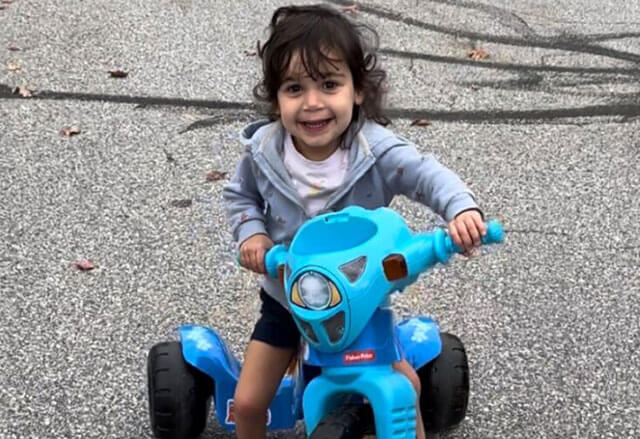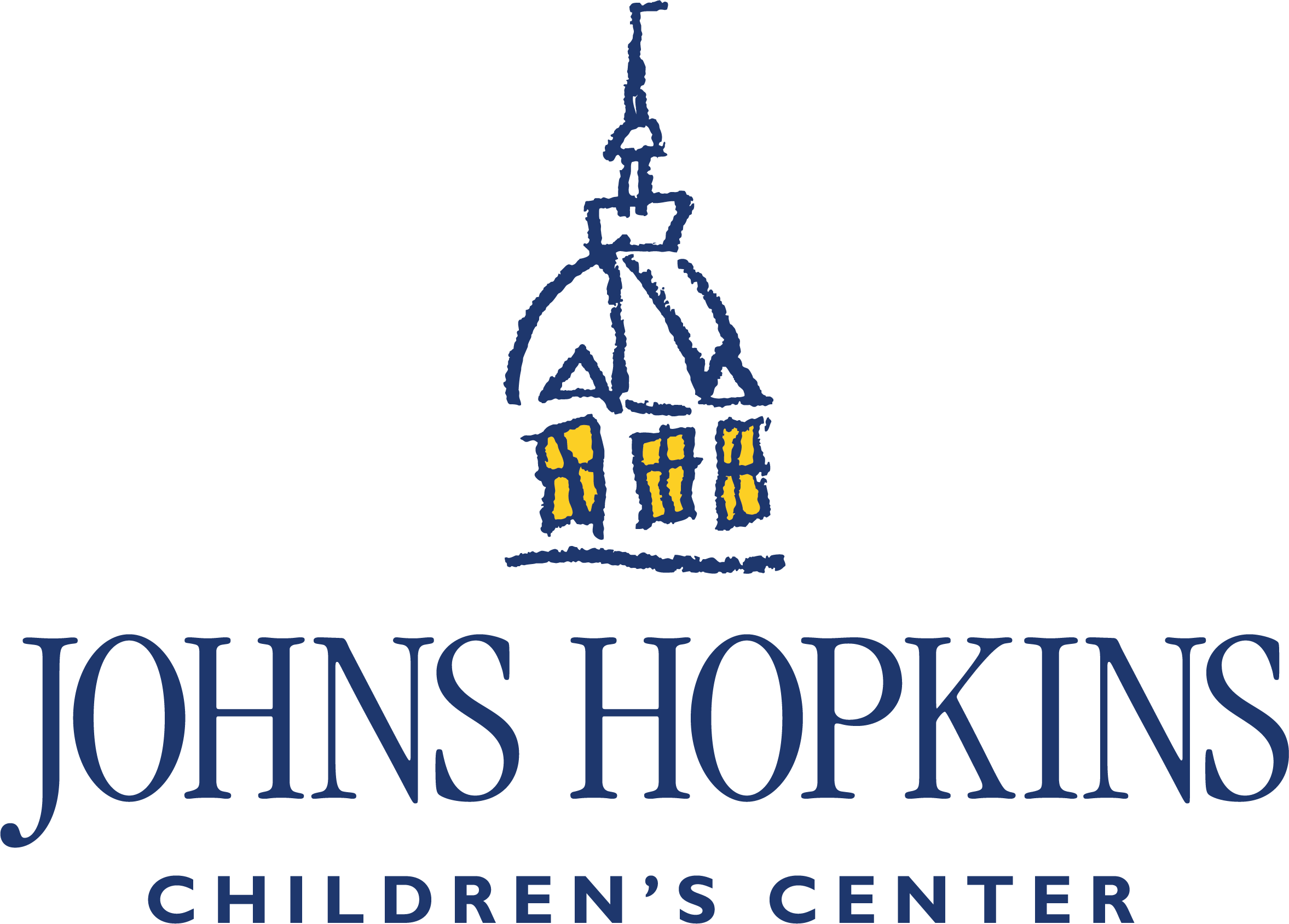Julianna's Story

In the midst of the COVID-19 shutdowns in 2020, Kevin and Alison were excited to learn that they were expecting twins. However, 16 weeks into the pregnancy, they learned that something was wrong with one of the babies. They turned to Johns Hopkins Children’s Center, where they learned that their daughter had a heart defect known as double outlet right ventricle.
Just before Christmas of 2020, Juliana and her twin brother, Theodore, were born six weeks early. Alison remembers, “I kept screaming, ‘Is she breathing?’ and they all assured me that she was.” Kevin and Alison only saw Juliana for a few seconds before she was whisked away to get oxygen and be incubated. Shortly after, they learned that Juliana also had esophageal atresia, meaning her esophagus and her stomach weren’t connected.
Both babies were taken to the NICU at Johns Hopkins Children’s Center. While Alison and Kevin were able to see and hold Theodore that same afternoon, they weren’t able to see Juliana until 6 p.m. and couldn’t hold her for several days. Both parents understood that this precaution was to keep her safe as the wires and machinery attached to their tiny daughter did their jobs.
Theodore was able to go home after nine days, but Juliana stayed in the hospital for another 11 months. The hospital and family waited for her to get big enough for doctors to perform the surgery that would fix the double outlet right ventricle.
In March 2021, prior to her heart surgery, Juliana underwent another procedure which connected her esophagus to her stomach.
Finally, in September 2021, Juliana was able to undergo her heart surgery. She was surrounded by equipment, as well as nurses and doctors caring for her. “I’ve never seen more medical equipment hooked up to one person in my life,” Kevin recalls.
Juliana quickly recovered from the surgery and was able to go home, but the family didn’t stay away from the Children’s Center for long. Juliana was one of the first children at Johns Hopkins Children’s Center to receive a feeding tube going from her stomach to her intestine, which brought its own challenges. When it was accidentally pulled out, it required a trip to the emergency room. Alison emailed pediatric surgeon Clint Cappiello, each time they went to the emergency department. “Dr. Cappiello always responded,” she says, “[by] either coming down to the emergency department or sending someone he trusted to help put it back in.” Juliana also required surgery to attach the esophagus to the stomach and as she grows, it stretches out. This requires continued balloon procedures, where a small balloon is inserted via a catheter and inflated to make room.
Kevin and Alison are deeply grateful for the care provided to their daughter. Today, Juliana is a happy, confident 3-year-old who speaks her mind. Their dream is for her to grow up and do whatever she wants. Her mother says, “Johns Hopkins really helped with the miracle that is Juliana.”

